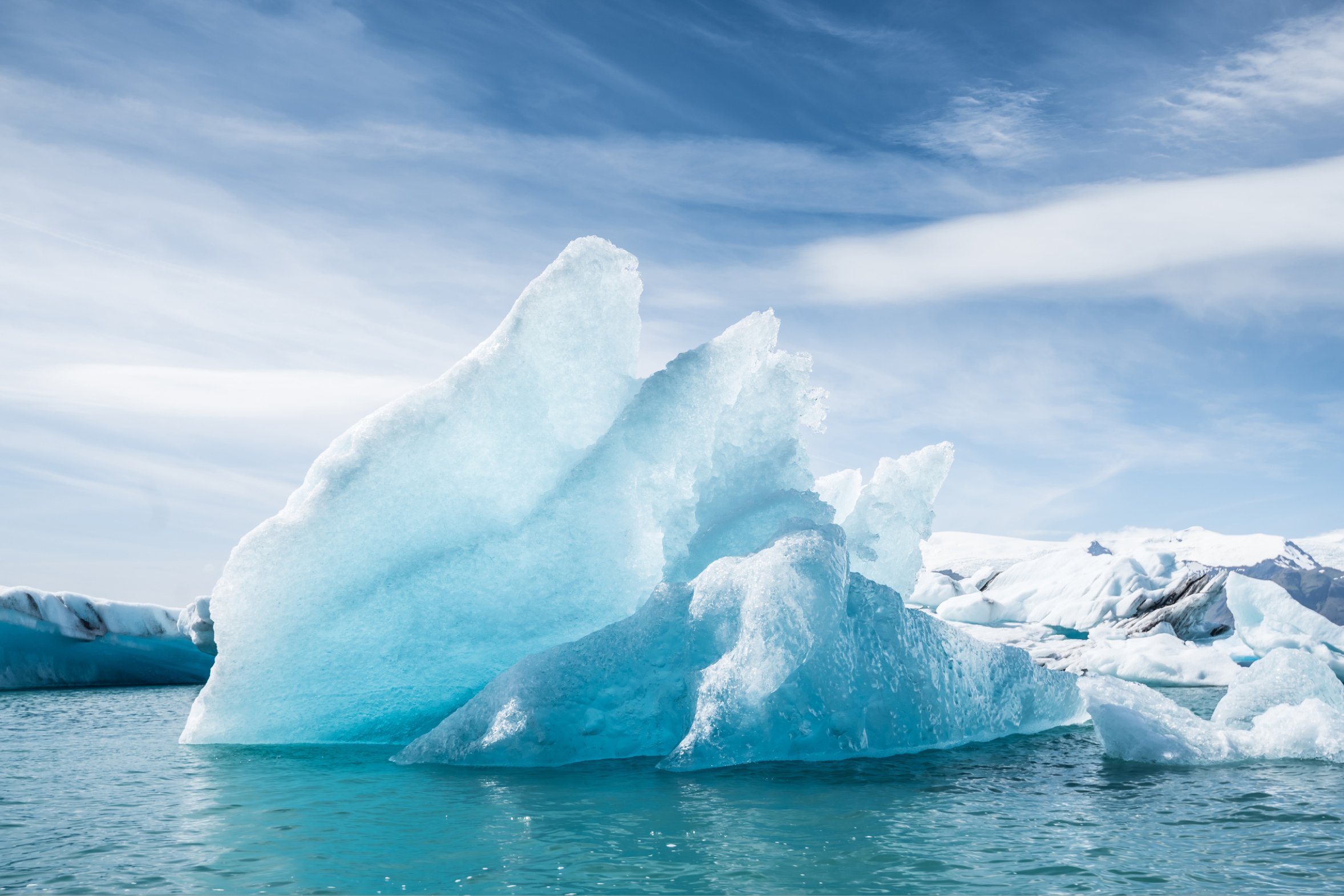
HEALTH BENEFITS
Top Health Benefits
Plenty of studies and reports have indicated the positive effects of regular ice bathing.
Find below only the top benefits - try it out and we're sure you will agree!

Increases Energy Levels
Subjecting your body to brief periods of low temperatures leads to alterations in hormone secretion. Research has demonstrated a rise in the secretion of norepinephrine during exposure to cold; norepinephrine is a hormone that plays a role in controlling attention, focus, and energy levels.

Improves Resilience
Exposing your body to harsh temperatures has a fortifying effect, as the initial shock of heat or cold exposure trains your body to become stronger through a process called hormesis.
In a similar fashion to intensive workouts, exposure to these conditions can be uncomfortable at first, but with adaptation, the body becomes more resilient.

Improves Physical Recovery
Exposure to cold temperatures has been proven to enhance oxygenated blood circulation, which leads to quicker muscle recovery and relief from muscle soreness.
The central nervous system reacts to the sudden cold shock by narrowing the blood vessels in the limbs, causing warm blood to be redirected towards the vital organs.
But, once you leave the cold, the blood vessels dilate and result in an increase of blood flow to the muscles and skin in the extremities.

Improves Your Discipline
Embracing the challenge of immersing yourself in ice-cold water requires a strong will and mental fortitude, particularly when the surrounding temperature is frigid.
Overcoming the fear and hesitation of stripping down to minimal clothing in harsh conditions is a test of mental endurance.
However, by facing this challenge, you will emerge mentally stronger, having proven to yourself that you possess the capability to succeed in the toughest of circumstances.

Boosts Your Mood
Taking a cold plunge improves mood and mental well-being. This is because it releases endorphins and neurotransmitters, including norepinephrine, which have been linked to reduced symptoms of depression and other mental disorders.
Studies have shown that increasing norepinephrine activity has a positive effect on mental health.

Helps You Better Manage Stress
By regulating your breathing when entering the tub, you improve the body's ability to respond to an overactive sympathetic nervous system and activate the parasympathetic nervous system, responsible for rest and digestion.
Managing stress effectively by controlling your sympathetic nervous system can positively impact your heart rate variability (HRV), an indicator of the balance of your autonomic nervous system.

Improves Your Sleep
Many individuals struggle with falling asleep or staying asleep due to high cortisol levels brought on by stress. Managing stress effectively, as discussed previously, can lead to improved relaxation. Being relaxed, particularly before bedtime, enhances the likelihood of quickly falling asleep and staying asleep throughout the night.
Incorporating cold plunges into your routine can result in improvement in wakefulness after sleep onset (WASO), a crucial sleep metric that often goes unnoticed.

Helps Burn Fat
Cold water exposure stimulates the activation of your brown fat, also referred to as brown adipose tissue (BAT). This energy-consuming tissue has the ability to enhance your metabolism, clear blood glucose, and improve insulin sensitivity.
By incorporating cold plunging into a healthy lifestyle that includes a balanced diet, quality sleep, and regular physical activity, it can be an effective tool for weight loss.

Boosts Your Immune System
By dipping your entire body in cold water, the concentration of the antioxidant glutathione in your plasma increases. Glutathione helps ensure the proper function of T-cell lymphocytes and activates natural killer (NK) cells.
This makes cold plunging an effective way to enhance your immune system and increase its ability to fight off pathogens, including viruses and bacteria.

Offers Neurocognitive Benefits
Studies have shown that the shock of cold exposure, such as during a cold plunge, can rejuvenate brain synapses lost during long periods of sleep (such as hibernation).
The presence of cold shock proteins, which prevent cell death, has also been linked to the prevention and treatment of neurological diseases such as dementia and Alzheimer's.
